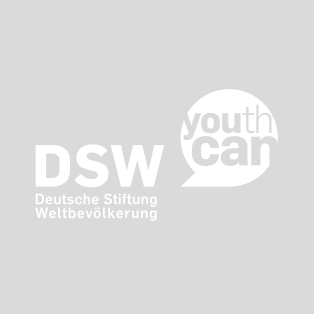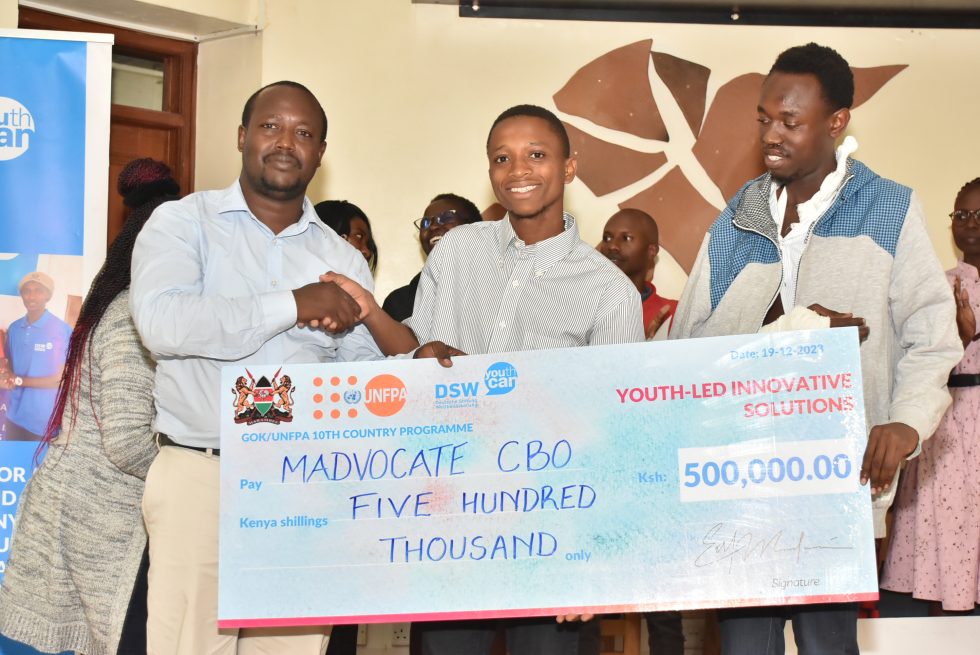

Decision Makers Validate DSW Ethiopia’s ASRHR Budget Study
With the opening date of the fiscal year’s budget disbursement in the Ethiopian calendar fast approaching, DSW Ethiopia convened decision makers at the sub-national level for validation of the adolescent sexual and reproductive health and rights’ (ASRHR’s) budget study on 14 June 2024 at DSW’s Youth Development Training Center. The half-day workshop was attended by key government stakeholders both from the regional and district level offices.
The ASRHR’s budget study was conducted by the Center of Excellence International Consult, a reputed research consultancy firm with a wide global network. Its lead representative took the time to elaborate on the objective of the study in terms of indicating the budget trends in a comparative manner as well as the key findings and recommendations. Questions and concerns were brought up during the plenary session for discussion led by four panelists, including one representing the research firm.
“The objective of the study is mainly based on the findings, which will be used to produce a guide for the relevant parliamentarians and other key stakeholders who are expected to influence the increase of ASRHR budget allocation and create an enabling environment for the amendment of better ASRHR budget tracking practices or what is referred to as an “itemise budget line”. Therefore, an advocacy workshop like this can only be one of a series of others that continuously engage both decision-makers and members of the parliament from the national and regional offices as well as those who implement the budget at the grassroots district level,” said Feyera Assefa, Country Director of DSW Ethiopia.
From the deliberations of the half-day validation workshop, it was observed that there was a general understanding among the participants about the lack of commitments from major international donors to fund, among other things, the health sector development in Ethiopia and across the global south. This is despite the fact that more than “214 million women of reproductive age (between 15 and 49 years old) worldwide have an unmet need for modern contraception,” according to a U.S.-based National Library of Medicine (NLM), which provides scientific literature and has republished its studies in 2023. Approximately 92 percent of the women who have no access to family planning live in developing countries, the study reaffirms. Ethiopia has one of the highest rates of unmet need of contraception among the low-and-middle income countries, with a 13 percent annual teenage pregnancy rate.

The key takeaway from the findings of the budget study was the concept of how the presentation of mere numerical figures could conceal false positive impressions in the process of comparing budgets allocated over different time periods.
The presenter, Alemseged Gerezgiher (PhD), representing the Center of Excellence International research firm,) identified challenges in conducting the study to determine whether the nominal rate of increase in budget should be taken instantly or the real value of the figure after deducting forinflation. The researcher’s concern was shared by the participants, as a nominal figure showing the increase in budget allocation compared to, say, the previous year could be misleading if the inflation rate wasn’t taken into account to bring the real increase in line with the current value.
Quoting the latest Ethiopian Ministry of Finance’s (MoF, 2024) sources, the ASRHR budget study indicated the increase in nominal budget on ASRHR during the 2022 and 2023 fiscal years by comparing the differences between 2023 and 2024. While in the previous fiscal year the budget has grown twice as much, budget allocated for ASRHR has nominally tripled in the current fiscal year of 2024. However, these nominal increases in the ASRHR budget shown in the study do not take into account the inflation rates in Ethiopia during the fiscal years in question.

“Increasing the budget for ASRHR enhances the wellbeing of the nation whose future is dependent on today’s adolescents,” Feyera pointed out the crux of the matter, linking the entire purpose of the validation workshop. “At DSW Ethiopia, we always pursue each potential venue where youth are concentrated and contribute to transforming their talents into the role of championing their SRHR needs. The scope of our adolescent and youth-focused interventions have expanded over time from in-school to out-of-school, from workplaces to youth centers. This is where it makes sense to engage the most relevant stakeholders who can make the difference in scaling up the ASRHR budget to produce the budget study for validation and dissemination,” Feyera asserted.
The validation workshop was concluded with the endorsement of the study, paving the way for further engagement members of the Standing Committee on Budget and Financing Affairs of the Federal Parliament of Ethiopia. It was also recommended for the concerned ministry (Ministry of Health) to establish itemised and separate budget lines for ASRHR issues. The study also recommends that advocacy efforts by the likes of DSW and other NGOs/CSOs should be consolidated at the time of budget approval, disbursement and allocation
The Youth for Health (Y4H) project is a national advocacy programme jointly implemented by DSW, Marie Stope International and the Youth Network for Sustainable Development, a local NGO, based on their identified but complementary areas of expertise. Over the past two years of its implementation, Y4H has received financial and technical support from the European Union.




Comments